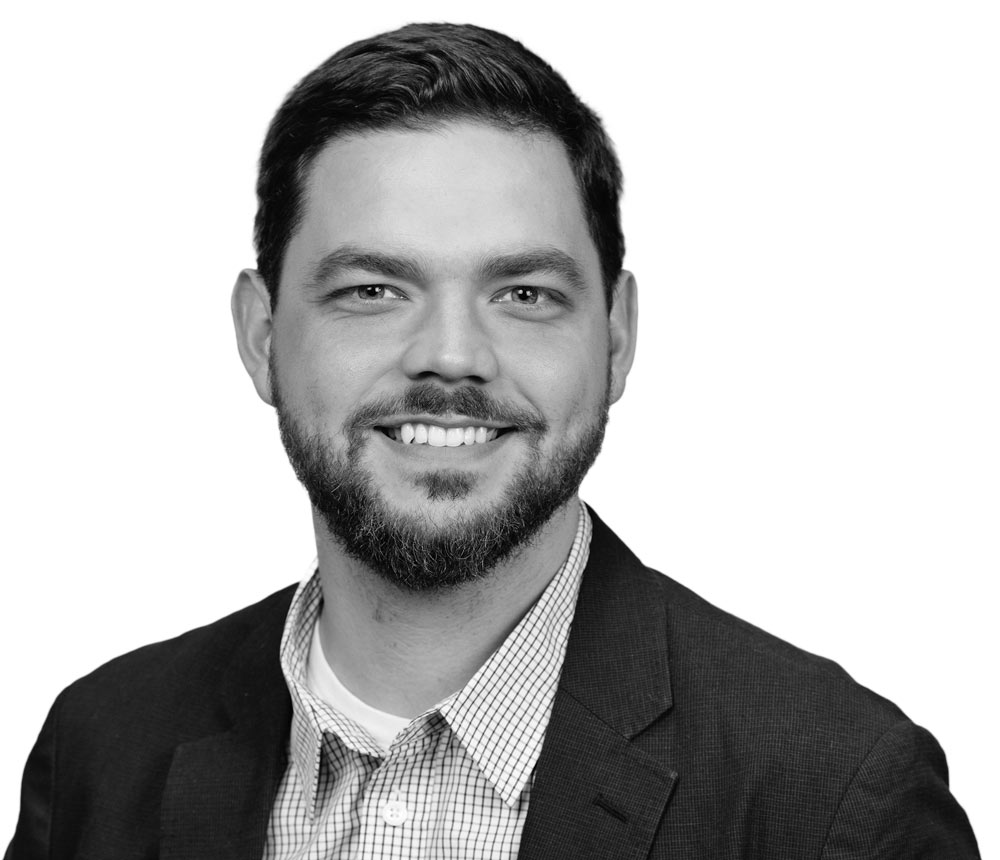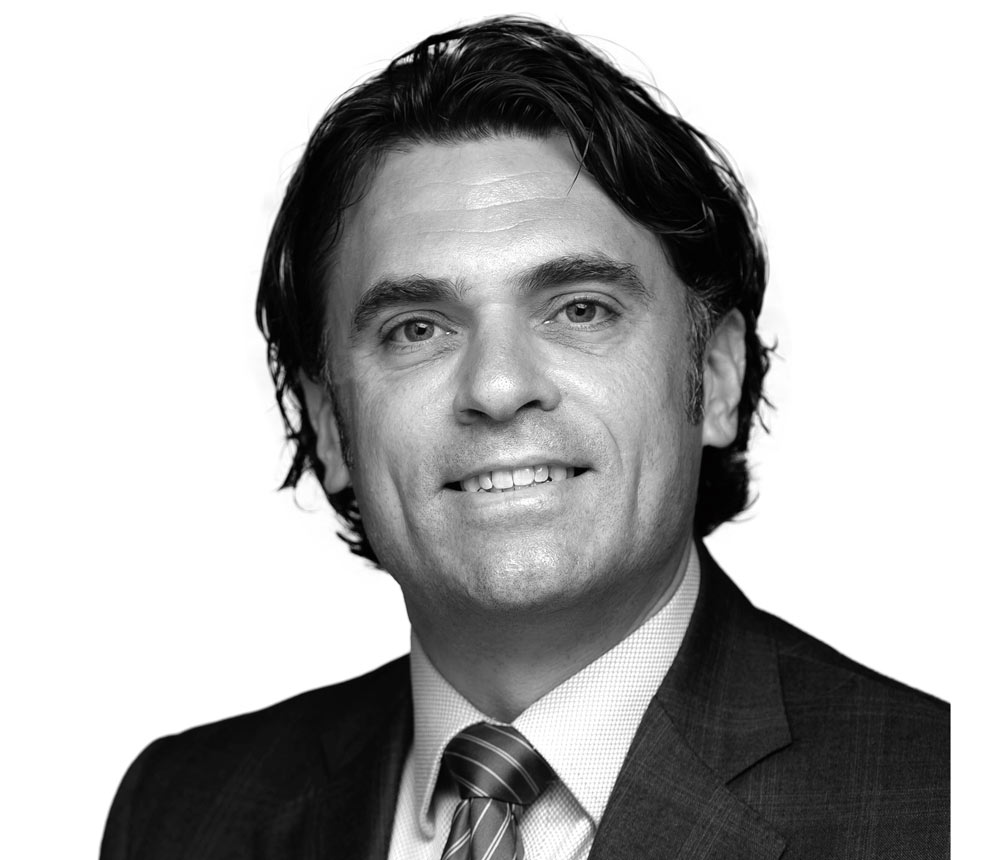AMID THE PANDEMIC, PRIORITIZING ETHICAL LEADERSHIP
By | Spring 2020
THREE INSIGHTS THAT APPROACH CRISES AS OPPORTUNITIES FOR ETHICAL LEADERSHIP, NOT OPPORTUNISM.
As COVID-19 crept toward Chattanooga, Tennessee, Matt Colvin and his brother Noah saw a business opportunity. They drove more than a thousand miles to small, rural towns, buying up all the hand sanitizer they could find. Matt Colvin listed the bottles on Amazon, hoping to turn a handsome profit. But he had only shipped a small portion of his supply when the online retail giant terminated his account. “Price gouging,” the company explained, “is a clear violation of our policies, unethical, and in some areas, illegal.”
 Not only did Colvin find himself with more than 17,000 bottles of hand sanitizer and no place to sell them, he quickly found himself the subject of widespread public scorn and a possible criminal investigation after his story appeared in The New York Times. Tennessee Attorney General Herbert H. Slatery III warned:
Not only did Colvin find himself with more than 17,000 bottles of hand sanitizer and no place to sell them, he quickly found himself the subject of widespread public scorn and a possible criminal investigation after his story appeared in The New York Times. Tennessee Attorney General Herbert H. Slatery III warned:
“We will not tolerate price gouging in this time of exceptional need, and we will take aggressive action to stop it. . . . [T]his is a time where we have to focus on helping our neighbors, not profiting from them.”
In the end, Colvin said he would donate his stock, most of it to a local church and some of it to his neighboring state of Kentucky, rather than trying to sell it.
While Colvin’s actions provoked a great deal of outrage, it also is easy to see how he may have been blinded to the ethical dimensions of his actions by some basic biases and tendencies we all share. His actions raise a basic question: How can we approach crises like the coronavirus pandemic not as moments for opportunism, but as opportunities for ethical leadership?
Here are three research-based insights to help you put your values into action more effectively and prioritize ethics proactively amidst the panic.
TAKE THE LONG VIEW
If we let them, crises can sever our connection with our future selves and our larger goals. When Colvin decided to try to turn a quick profit on his hand sanitizer purchases, he seems to have lost sight of the long term. On the one hand, this caused him to underestimate the risks. He did not consider that the crisis might last weeks or even months and that supplies might run out completely. He explained:
“I’ve been buying and selling things for 10 years now. There’s been hot product after hot product. But the thing is, there’s always another one on the shelf. [. . . ] When we did this trip, I had no idea that these stores wouldn’t be able to get replenished.”
And on the other hand, it caused him to act in a way that was not consistent with his values. “It was never my intention to keep necessary medical supplies out of the hands of people who needed them. [. . .] That’s not who I am as a person,” he said.
REFRAME YOUR DECISIONS
In any crisis, there are a dizzying number of things to consider. Often when we become anxious and overwhelmed, we develop tunnel vision and decide to focus on one objective to the exclusion of all others.
It’s crucial during these times that we approach our decision-making carefully. Stick to structured ethical decision-making models, and make sure that you actively reframe decisions as ethical decisions and not merely “business” decisions. It’s easy to see how Matt Colvin might have responded differently to the COVID-19 crisis if he had forced himself to think about it as an ethical issue rather than a mere financial one.
STAY ATTUNED TO THE BEST THAT HUMANITY IS CAPABLE OF
While it’s easy to respond cynically to Colvin’s actions and even his eventual decision to donate his supply of hand sanitizer, it’s also important for us to not let cynicism color all of our explanations of human behavior. In this crisis, we are bound to see plenty of examples of the worst parts of human nature on full display. But we also need to stay inspired by those who are displaying courage, compassion and a concern for common good.
Crises call forth the worst in us — and the best. Positive examples abound, whether it is people under quarantine in Spain applauding health care workers, or those in Italy singing together in solidarity despite their physical separation. Or consider the distilleries across the country that have retooled to make and donate hand sanitizer to remedy the very shortage that others sought to profit from. Research suggests that the warm fuzzy feeling these stories can trigger goes beyond mere sentimentality. Researchers call this emotion “elevation,” and they find that it shapes our actions and decisions much more than we realize.
Every crisis is uncharted territory. In Matt Colvin’s case, the precise standards and legal definitions of “price gouging” included a lot of grey area. But that is why we need our ethics and values more than ever in such times to help us ask, “Is this right?” and not only, “Is this legal?” Like a compass, our ethics and values can help us navigate the unfamiliar and shifting terrain and stay true to who we really are — as well as who we aspire to be when the crisis is over.
 BRETT BEASLEY
BRETT BEASLEY
Brett Beasley is the Associate Director of the Notre Dame Deloitte Center for Ethical Leadership.
 CHRISTOPHER ADKINS
CHRISTOPHER ADKINS
Christopher Adkins is the Executive Director of the Notre Dame Deloitte Center for Ethical Leadership

Comments